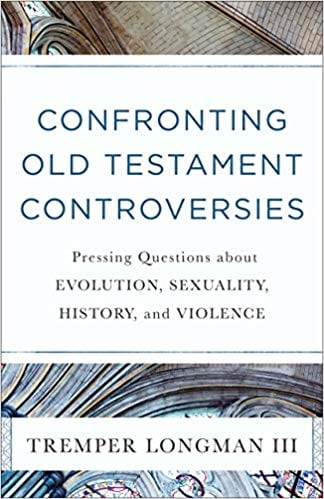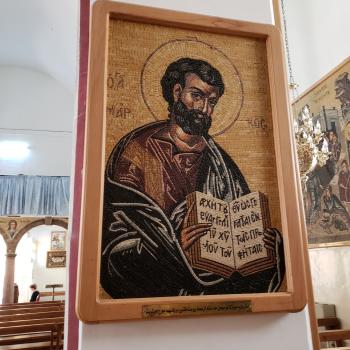Q. In one part of the divine violence chapter you talk about the Psalms. I like what Luther says— the Psalms speak for us, they truly and accurately reveal what is on the human heart, not necessarily what is on the heart or in the nature of God. So, while we have all these Psalms where the Psalmist in essence prays for vengeance, and even smashed Edomite baby heads, this does not necessarily reflect either the character or will of God. The only good news is that the Psalmist seems to be leaving the matter in God’s hands. Would you agree with this reading of the Psalms?
A. Yes, I do agree that the so-called imprecations of the psalms are a form of turning over one’s anger to God. Notice that they don’t ask God to “give me opportunity and the resources to kill my enemy,” but rather, “you Lord, kill my enemy.” Then it is up to God as to what to do. I actually think that Christians should express what they actually feel in a situation and the imprecations can be quite helpfully cathartic. If we bottle up our emotions and not express them to God, then that is neither emotionally nor spiritually healthy. But notice, it’s important that the psalms lead us to express these difficult emotions to God, not behind his back. My psychologist friend and I wrote a book called Cry of the Soul which talks about the psalms as a “mirror of the soul” (Calvin). I think its strong sales over the past twenty plus years means that a lot of Christians want to use the psalms to understand and express the difficult emotions that they feel. [And I agree with this, so long as it is shared with God and not directed as threats towards other human beings, which is not Christian. BW3]

















